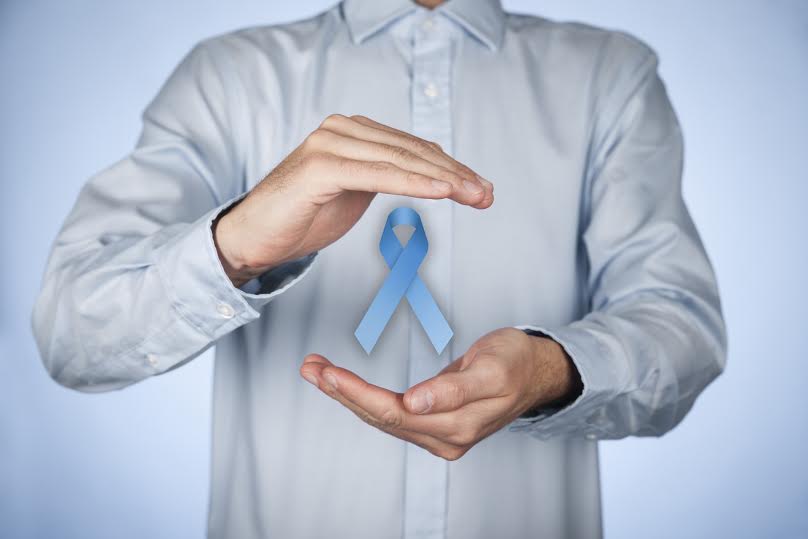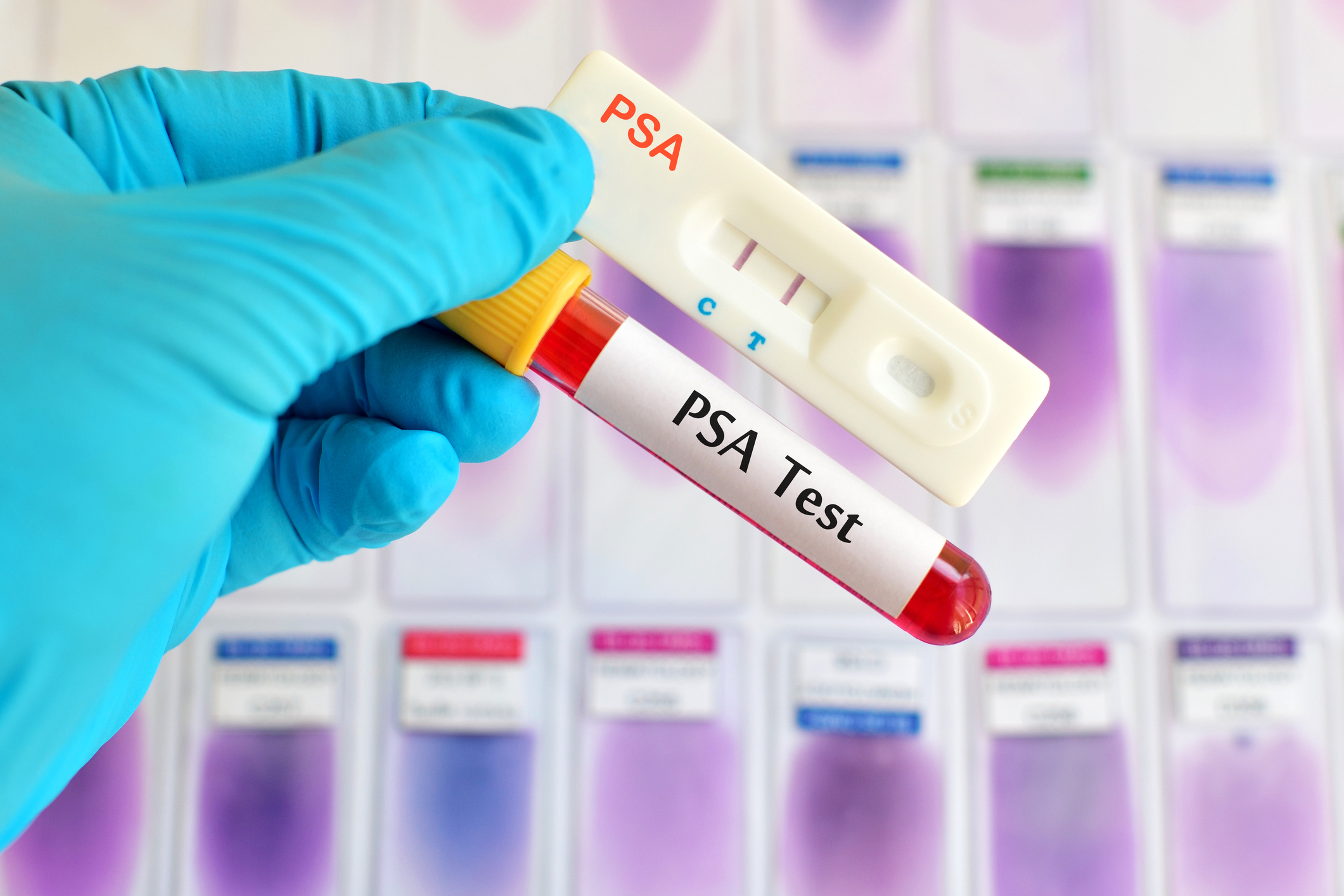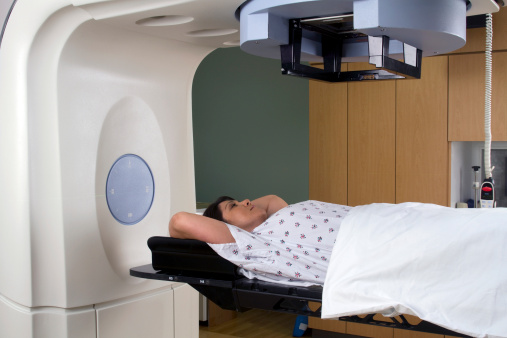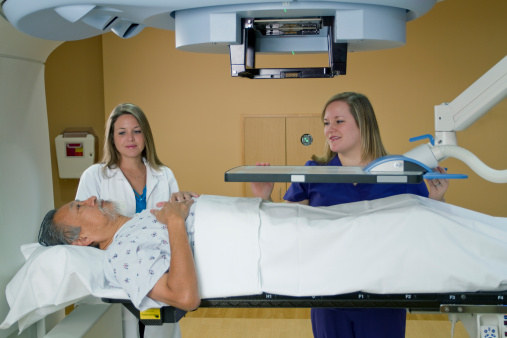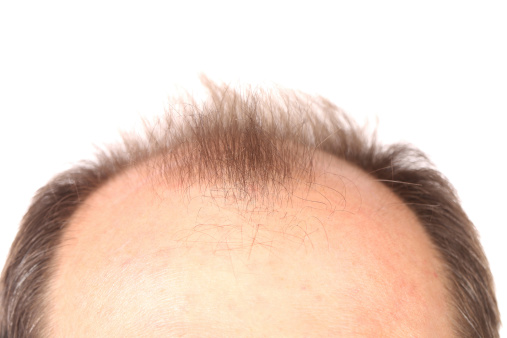Lower prostate cancer risk by drinking pomegranate juice daily
With Father’s Day just around the corner, it’s important that we discuss issues dealing with men’s health, including the number one male health issue – prostate cancer. The week leading up to Father’s Day is designated as Men’s Health Week, so discussions about prostate and prostate cancer are generally more common around this time. Prostate ...click here to read more

